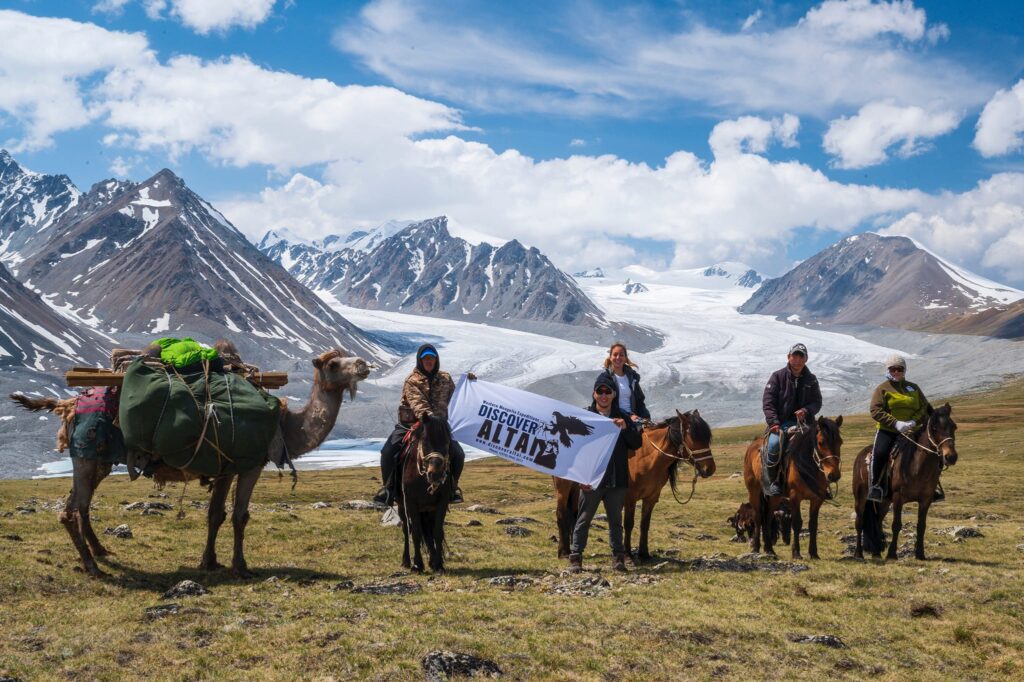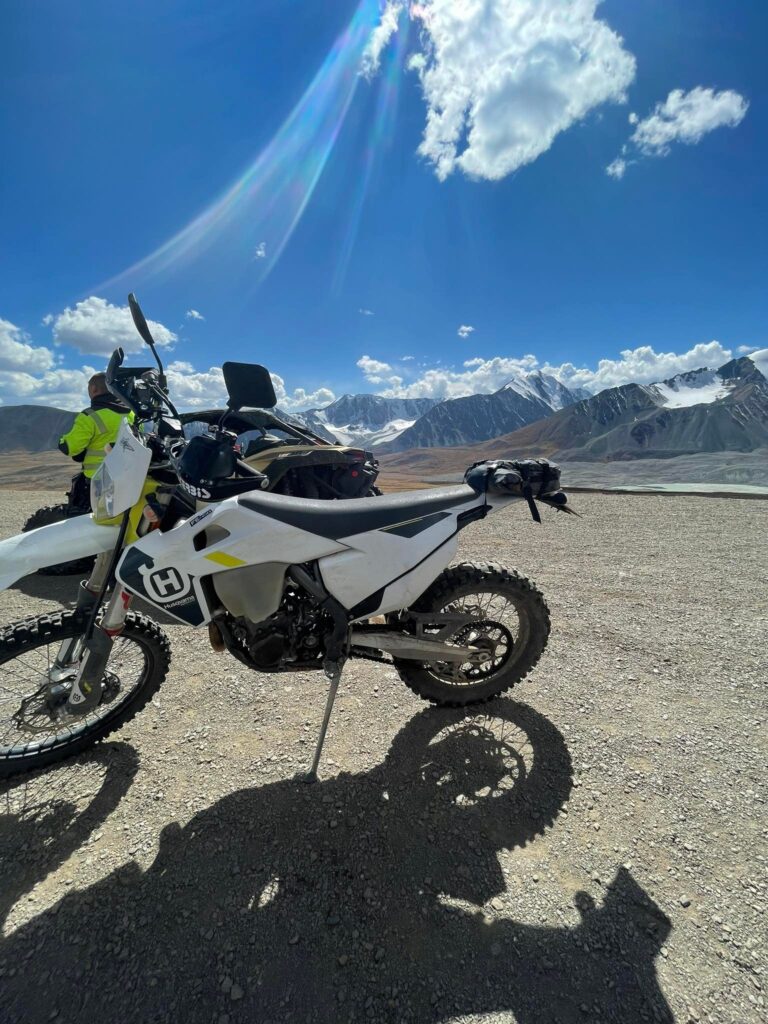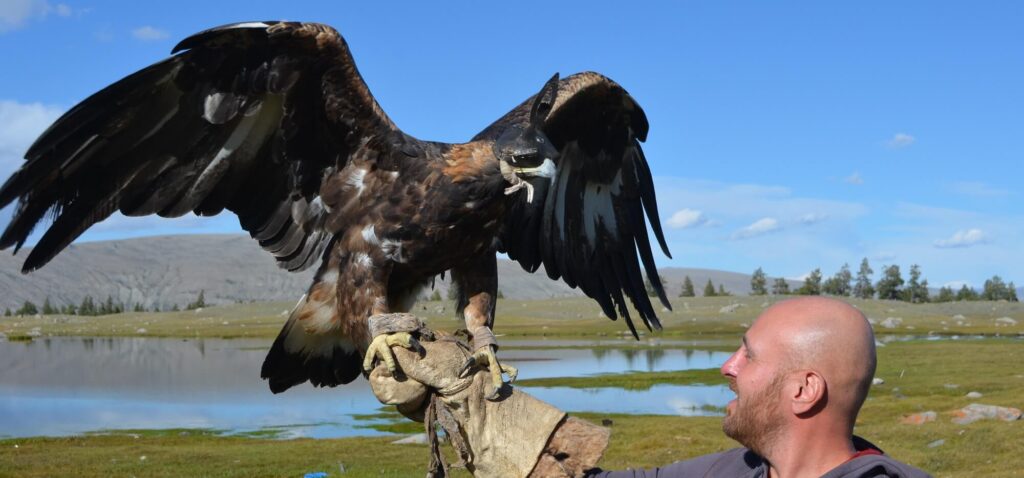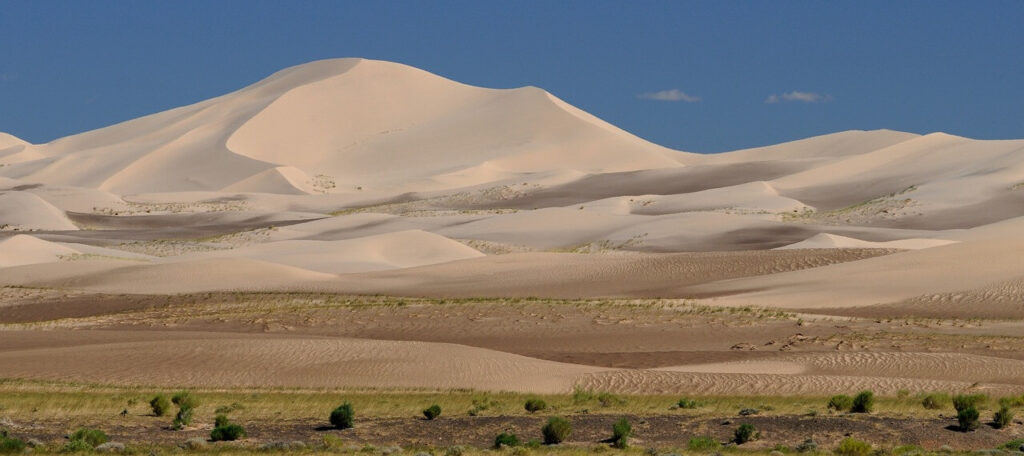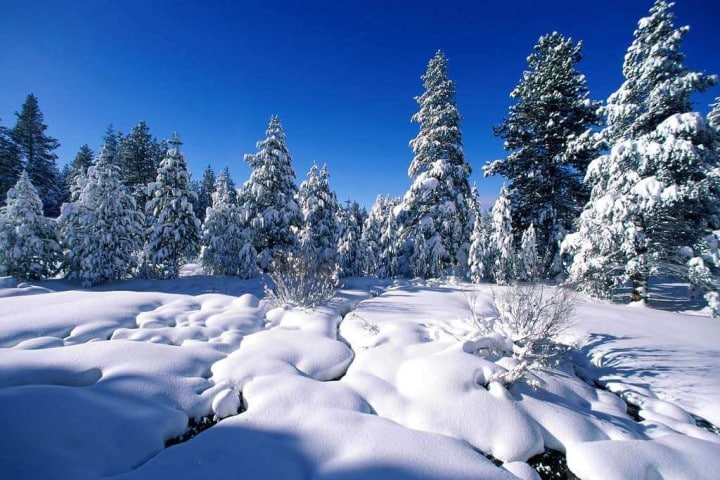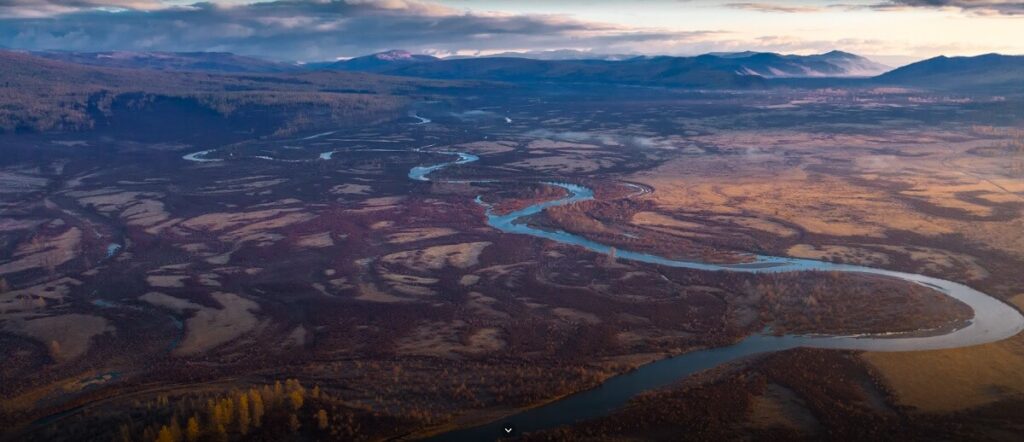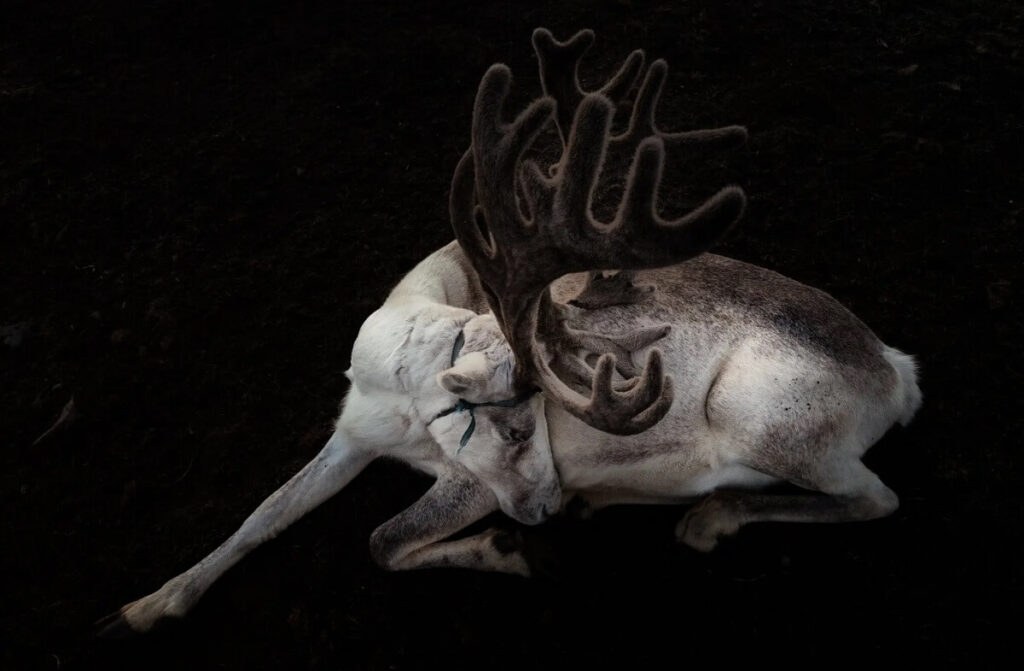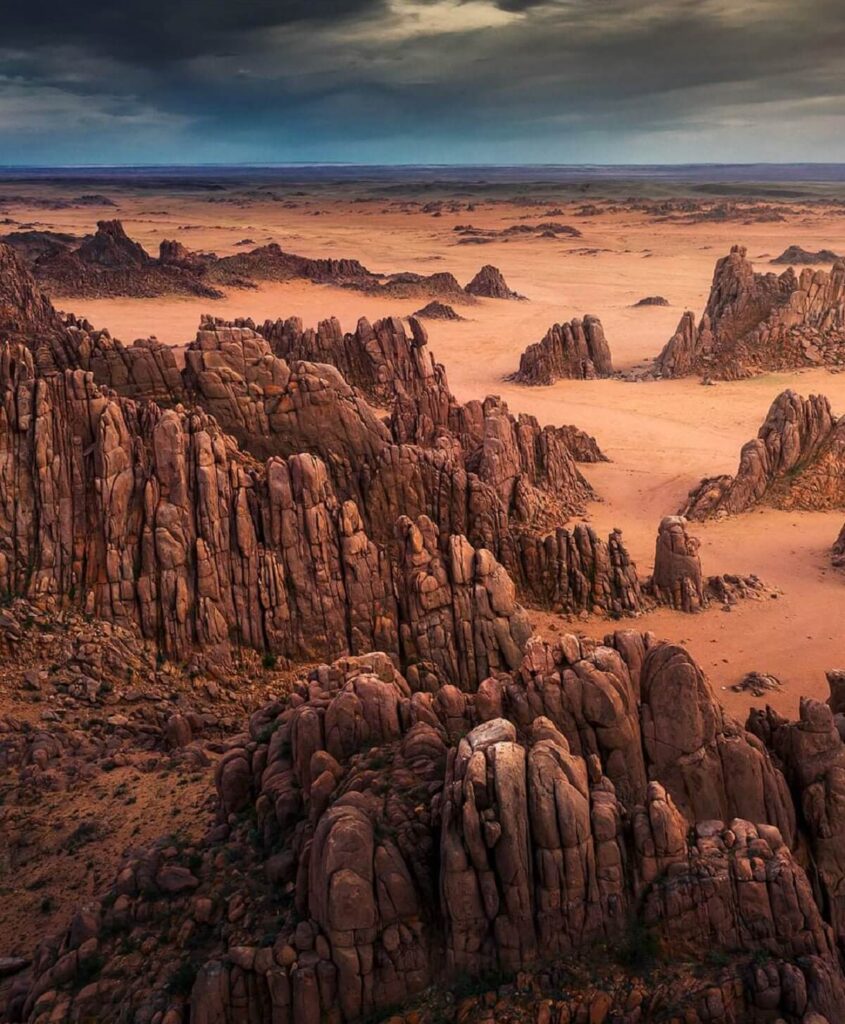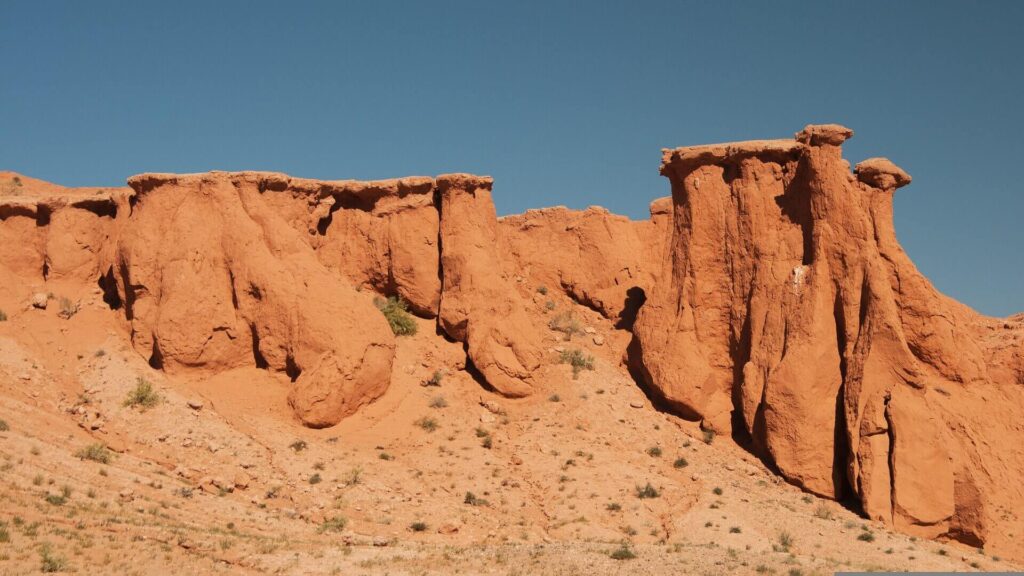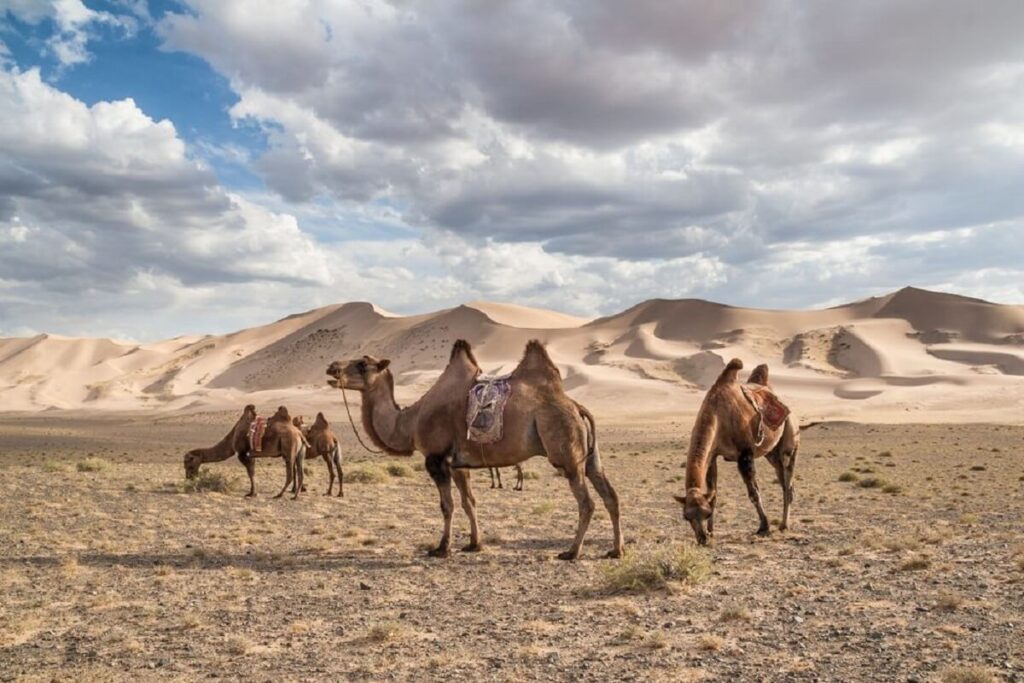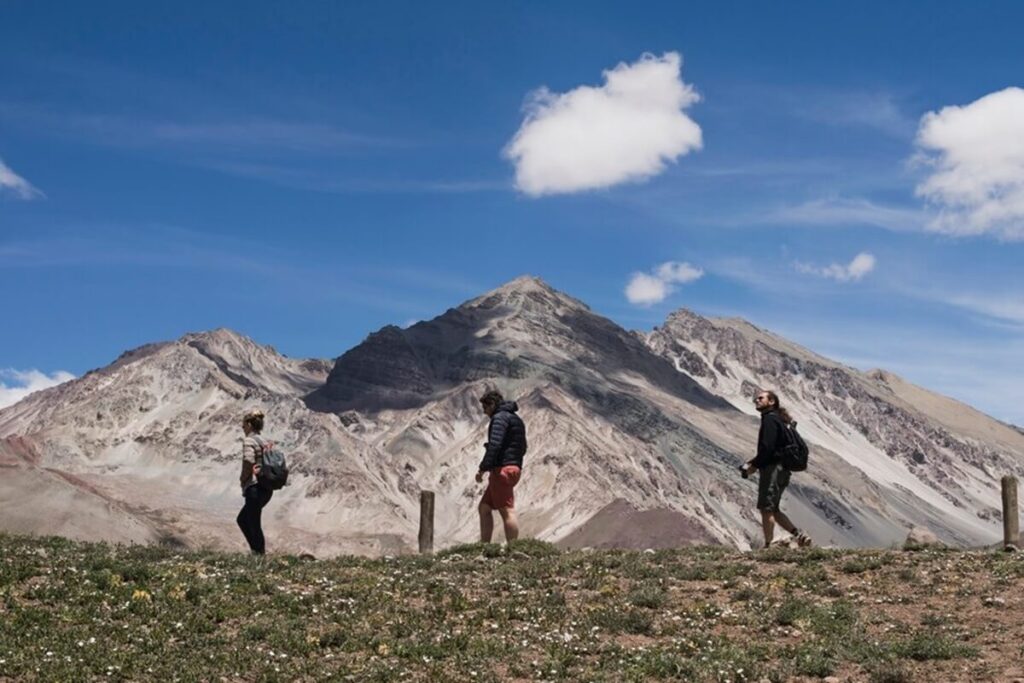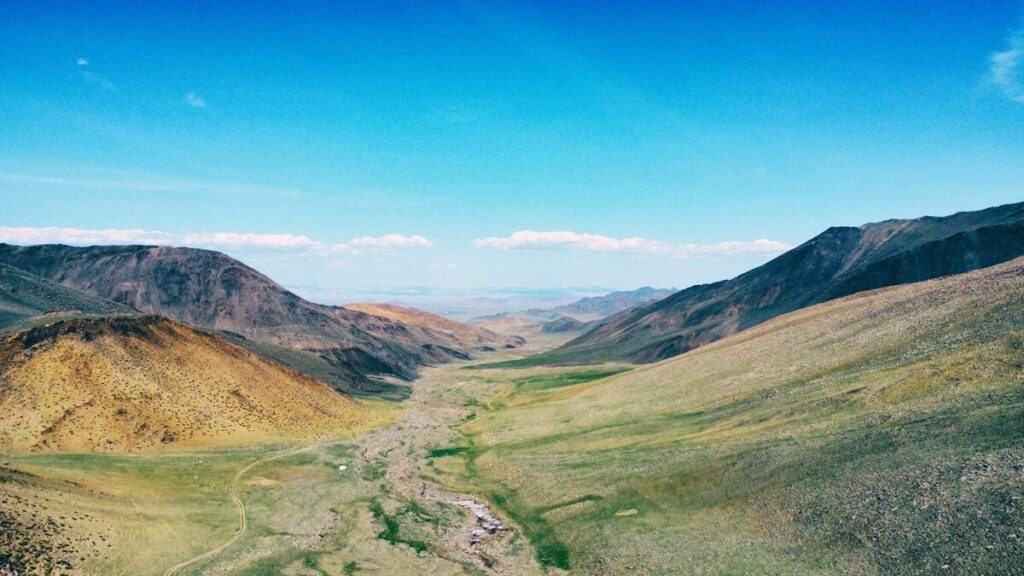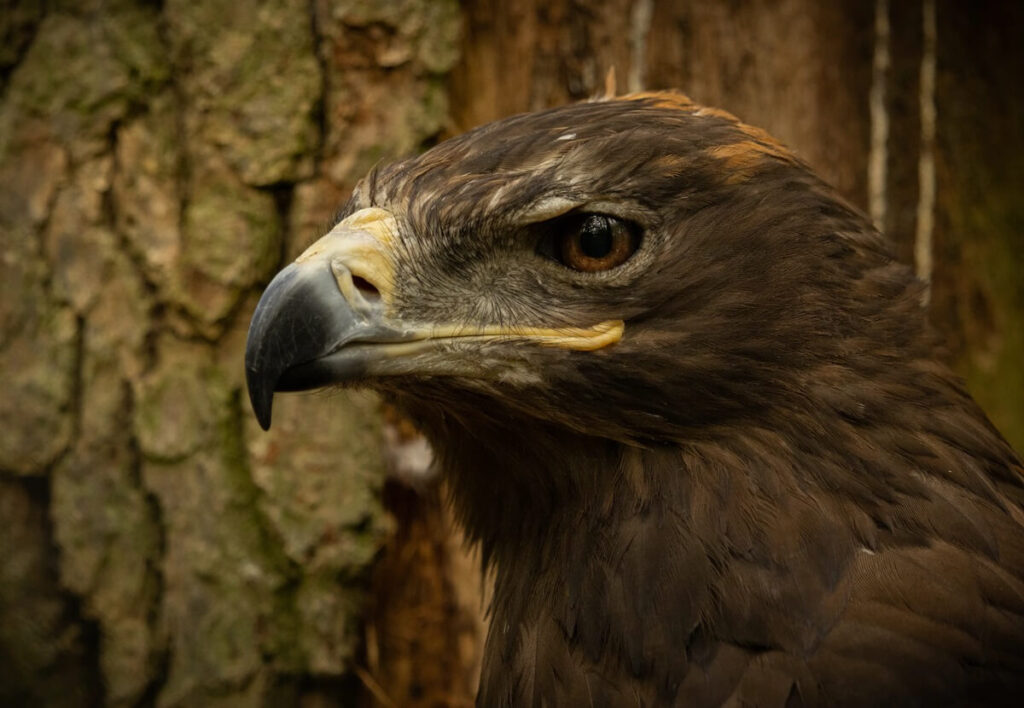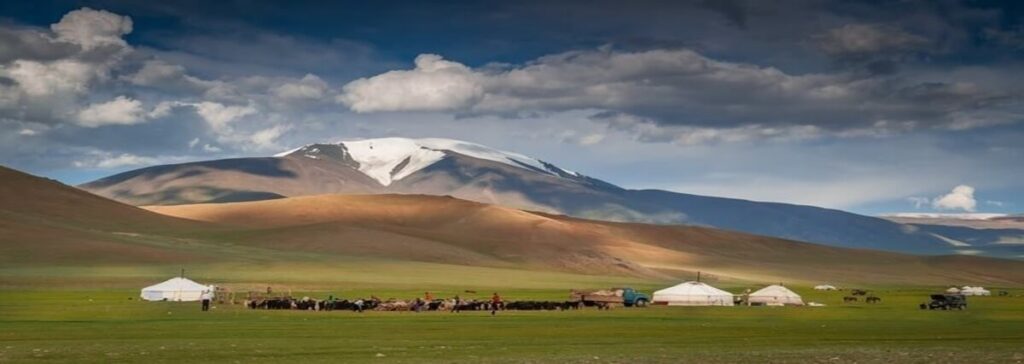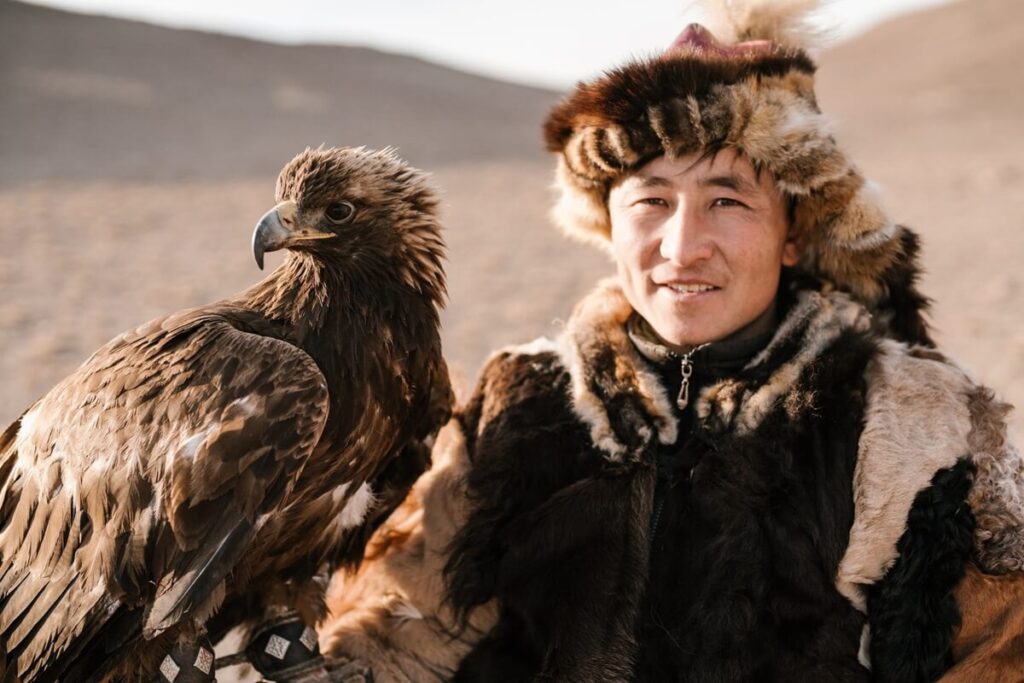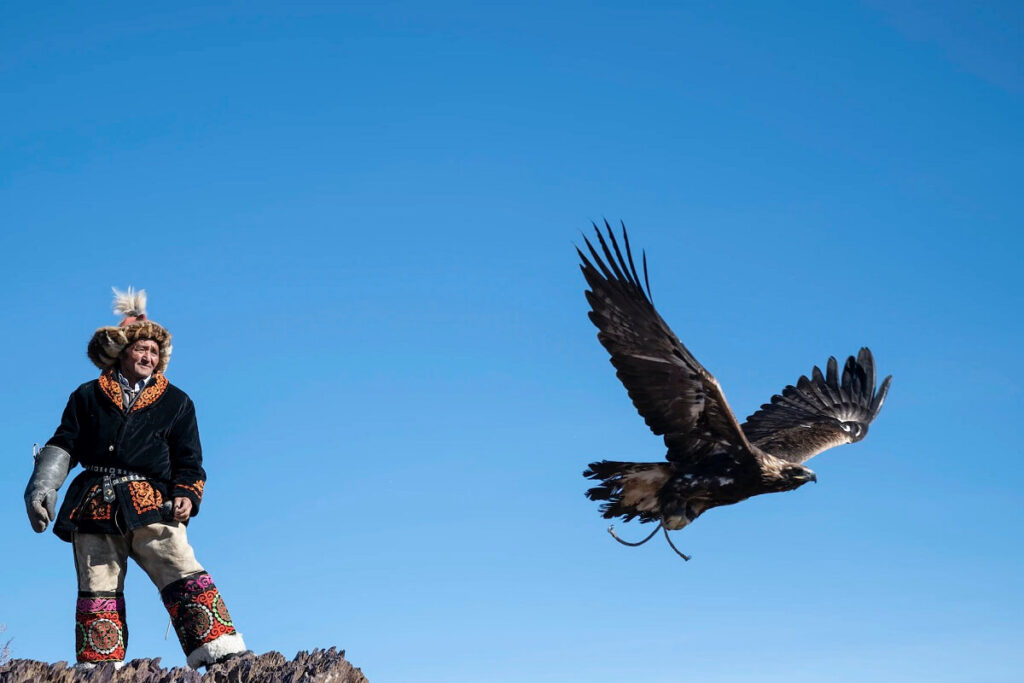What to know about Mongolia – This country is a fascinating country that remains relatively untouched by the modern world. It’s home to some of the most hospitable people on Earth, as well as some of the most stunning landscapes you’ll ever see.
If you’re thinking of visiting Mongolia for the first time, there are a few things you should know before you go. Here are nine essential tips for first-time visitors to Mongolia.
We offer you MONGOLIA SELF-DRIVE TOUR. If you’re looking for the craziest off-road adventure in the middle of nowhere, you’ve come to the right place. Mongolia is on the list of must-visit places if you are an off-road fanatic. We offer you the best auto expedition in which you can enjoy the vast expanses of Mongolia. It will be wonderful 🤩🤩
1.MAKE A LIST OF THINGS YOU WANNA DO IN MONGOLIA
Mongolia is an extraordinary country in its culture, history, and geography. Whether you’re interested in exploring the Altai Mountains, horseback riding through the steppe, or visiting ancient monasteries, Mongolia has something for everyone.
Make a list of what interests you before you go so that you can make the most of your trip. Here’s a interesting list you can start with:
- Drink fermented horse milk/ airag/
- Catch a glimpse of some of the only fully feral horses in the world at Hustai National Park
- Take part in eagle, horse and archery festivals
- Meet the eagle hunters
- Sleep in a nomadic ger tent
- Be hosted by some of the world’s last nomads
- Enjoy throat singing
2. LEARN SOME BASIC MONGOLIAN PHRASES.
Although English is widely spoken in Mongolia, it’s always helpful to know a few basic phrases in the local language.
Learning how to say hello, thank you, and please goes a long way in making Mongolians feel appreciated.
And who knows, you might even make some new friends along the way. Here are a few essential Mongolian phrases to get you started:
Hello – sain baina uu?
Thank you – bayarlalaa
Please – guij baina
Yes – tiimee
No – uguie
I don’t understand – bi oilgohgui baina
Where is the toilet? – noil haana baigaa we?
3.IN THE COUNTRYSIDE, MONGOLIA TRAVEL IS HARD
Rural Mongolia is mostly rugged travel. Destinations are far spread apart, you lose the comfort of phone signal/connection, often no electricity, and food options are limited .
But fear not! This lack of amenities is part of the memorable adventure that comes with experiencing a different way of life. Traveling to Mongolia will teach you many interesting things about this alternative lifestyle.
Because the climate in Mongolia is typically hot and dry, dehydration is a common problem among travelers. It’s easy to become so wrapped up in exploring that you forget to drink water regularly, but it’s crucial to stave off dehydration by sipping water throughout the day.
4.KNOW & RESPECT THE GER RULES & CUSTOM
When camping with Mongolian nomads in a Ger, there are only a couple traditions you need to follow. Even though the rules are minimal, it is important that you respect and honor them.
- When you enter a ger, immediately walk to the left side of the tent, this is the guest side. The family sits on the right and you should only sit there by invitation.
- You do not need to wait to be invited to sit down, it is considered polite to sit rather than stay standing.
- Do not lean against the ger structure or furniture.
- Give your gift at the start of the visit.
- You will be offered something to eat and drink. You will not be asked if you want it and it is impolite to refuse, so accept anything you are offered.
- When receiving something, take the item with both hands, or with your right hand and your left hand supporting your right elbow.
5. GET A TRADITIONAL MONGOLIAN MASSAGE
Forget what you know about massages. The traditional Mongolian massage is a full-body deep tissue massage that will leave you feeling bruised, battered, and beautiful.
It’s not for the faint of heart. But if you can handle it, it’s worth the pain for the experience. In Mongolia, traditional massage is not meant for relaxation like it is in most cultures.
It is actually used as a form of healing and the pain experienced during the massage is seen as a side effect of the healing process.
6. PACK FOR EVERY SEASON
Mongolia is a country of extreme temperatures. In the winter, it can get as cold as -40 degrees Celsius (-40 Fahrenheit) and in the summer, it can get as hot as +40 degrees Celsius (+104 Fahrenheit). Make sure to pack for every season if you are traveling to Mongolia and be prepared for anything.
But don’t think just because you are travelling in summer it won’t get cold, because it can still get chilly at night.
The average temperature in Mongolia’s capital, Ulaanbaatar, is a balmy +15.5 degrees Celsius (60 Fahrenheit), but that doesn’t account for the fact that it is located in a valley and cold winds often blow through the city.
7. FOOD CAN BE HEAVY ON THE MEAT
If you are a vegetarian or have dietary restrictions, you have to inform your tour operators right away. The Mongolian diet can be very heavy on meat and dairy products. But if you can get past that, there are some interesting things to eat in Mongolia.
Traditional dishes include: buuz (steamed meat dumplings), khorkhog (meat and vegetables cooked together in a pot), aaruul (a dairy product made from curdled milk), and airag (fermented mare’s milk).
If you’re a picky eater or have dietary restrictions, there are three things you should do:
1) come prepared by packing your own food,
2) communicate your needs to the tour operator/cook in advance,
3) stop at the Super Market to buy what you need.
8. BE PREPARED FOR THE BATHROOM IN THE COUNTRYSIDE
Unless you want to risk an emotionally and mentally draining experience, it is best to westernize yourself before using the restroom in countryside of Mongolia. Beyond its capital city Ulaanbaatar, modern sewage systems are not the norm.
9.DON’T MISS FESTIVALS
Not only are Mongolian festivals great fun, but they are also a fantastic way to learn about the country’s heritage and traditions. Some of the most popular festivals include the Camel Festival in March, the Golden Eagle Festival in October, and the Naadam Festival in summer.
These celebrations usually feature traditional games like wrestling and horse riding, making them even more exciting.
FREQUENTLY ASKED QUESTIONS
What is Mongolia most know for?
Mongolia is most known for its nomadic culture, its beautiful landscapes, and its unique history. It is also a popular destination for adventure travelers, as it offers many opportunities for hiking, camping, and other outdoor activities.
What do you need to know about Mongolia?
Mongolia is a country of extreme temperatures, so make sure to pack for every season. The Mongolian diet can be very heavy on meat and dairy products, so if you have dietary restrictions, it is best to come prepared with your own food.
Beyond its capital city Ulaanbaatar, modern sewage systems are not the norm, so be prepared for that if you are traveling to the countryside.
And finally, don’t miss the opportunity to experience one of Mongolia’s many festivals – they are a great way to learn about the country’s heritage and traditions.
Is Mongolia friendly to tourists?
Yes, Mongolia is a very friendly and welcoming country to tourists. The people are hospitable and the country is relatively safe, so you can relax and enjoy your time here. Just be sure to respect the local culture and customs, and you will have a great experience.
What was unique about the Mongols?
One of the things that made the Mongols so unique was their nomadic lifestyle. They were a people who lived in tents and moved constantly in search of new grazing land for their animals.
This mobile lifestyle allowed them to travel great distances and conquer vast territories. It also meant that they were very self-sufficient, as they had to be able to survive in any climate and terrain.
Why are Mongolians so strong?
Mongolians are so strong because they have to be. The Mongolian lifestyle is physically demanding, as they are constantly on the move and have to care for their animals.
They also live in a very harsh climate, so they need to be tough to survive. All of this has led to a people who are incredibly strong and resilient.







